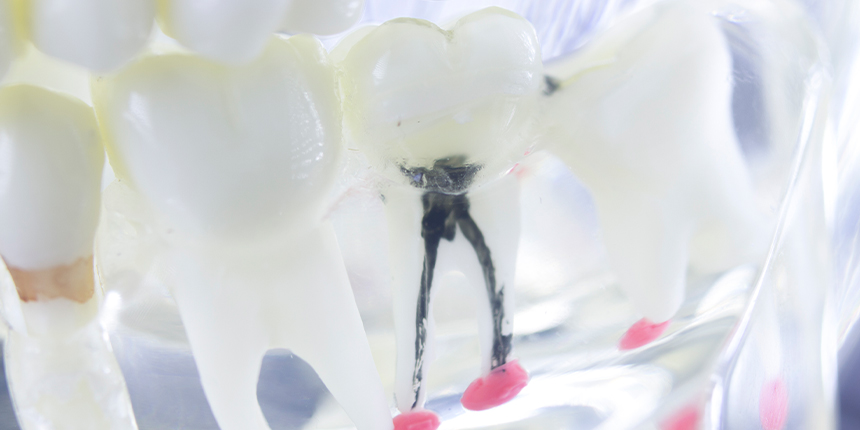
Root Canal Treatment
Root canal services are a type of dental treatment provided by dentists or endodontists to address issues with the innermost part of a tooth, known as the pulp. The pulp contains nerves, blood vessels, and connective tissue, and when it becomes infected or damaged, it can cause severe pain and other dental problems. Root canal treatment, also referred to as endodontic therapy, aims to save a damaged or infected tooth rather than extracting it.
Here's an overview of the root canal procedure and its associated services:
- Diagnosis: The dentist or endodontist will first examine the affected tooth and may take X-rays to assess the extent of the damage or infection.
- Anesthesia: Local anesthesia is administered to numb the tooth and the surrounding area to ensure the patient's comfort during the procedure.
- Isolation: The dentist will place a rubber dam around the tooth to keep it dry and to prevent contamination from saliva.
- Access Opening: A small opening is made in the crown of the tooth to access the pulp chamber.
- Cleaning and Shaping: The infected or damaged pulp is carefully removed from the pulp chamber and the root canals. The canals are then cleaned, disinfected, and shaped using specialized instruments to remove any remaining bacteria and debris.
- Filling: Once the canals are cleaned and shaped, they are filled with a biocompatible material called gutta-percha to seal the space and prevent reinfection.
- Restoration: After the root canal procedure, the tooth is typically weakened and may require a crown to restore its strength and protect it from further damage.
Root canal services can vary in complexity depending on the tooth's location, the extent of the infection or damage, and the patient's specific needs. In some cases, additional services may be required, such as retreatment of a previously treated tooth (endodontic retreatment) or surgical intervention (apicoectomy) if the infection persists.
It's important to seek prompt dental care if you experience symptoms such as severe toothache, sensitivity to hot or cold, swelling, or a pimple-like bump on the gums, as these could be signs of a dental infection that may require root canal treatment. Root canal therapy is an effective way to save a tooth and alleviate pain while preserving your natural smile.
